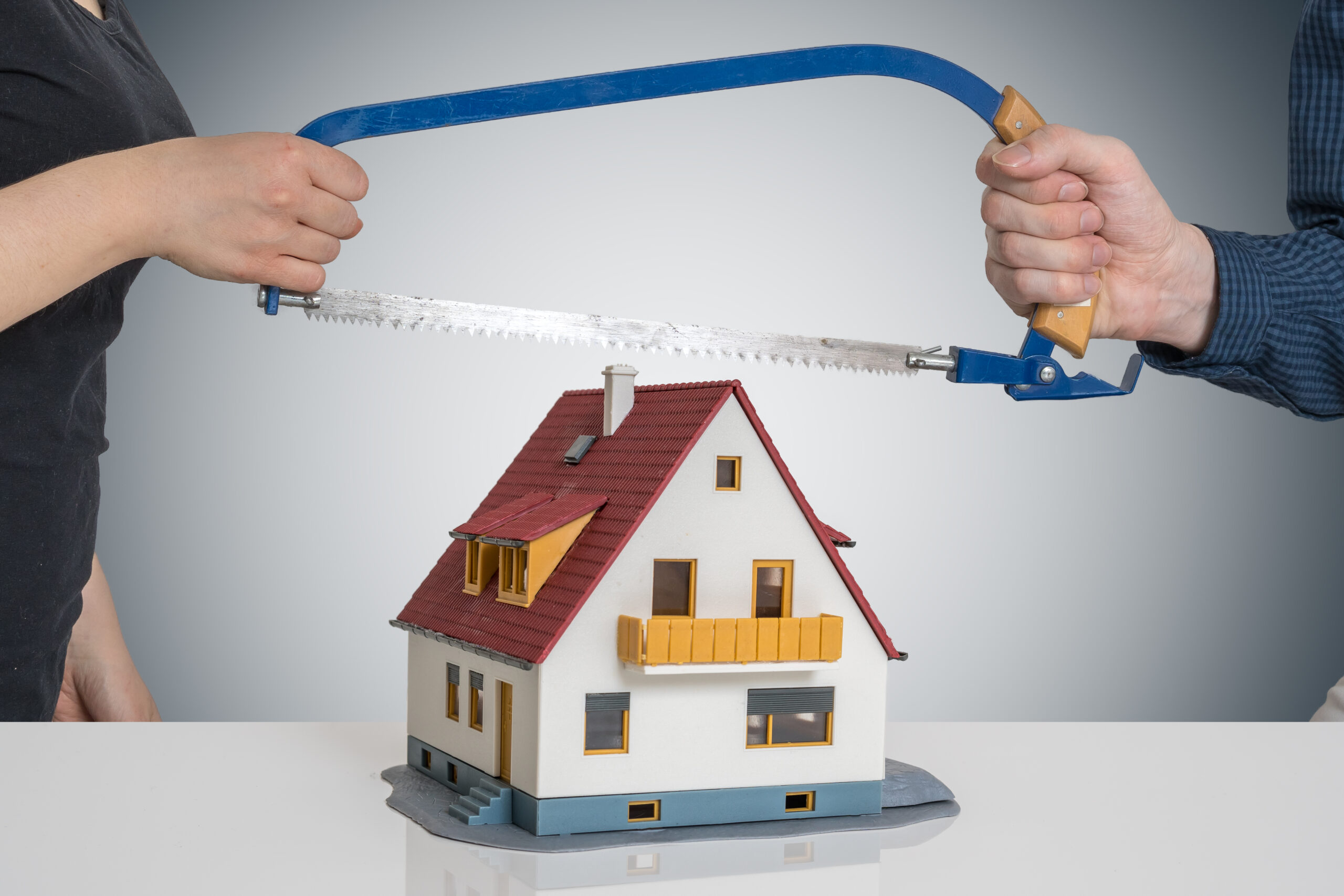You know that getting divorced probably means selling your home. You bought it as a couple, and you love it, but you know that many couples sell their houses when the marriage ends. Your spouse has already started talking about it and the marriage isn’t even over yet.
To help you navigate this potentially complex process, here are a few common questions and answers:
1. Can you keep it?
You can, but you have to buy out the portion of the home your spouse owns. It’s a marital asset and needs to get divided. If you would make $50,000 by selling the house, for instance, your spouse has a right to $25,000. Plus, you probably have to apply for the mortgage on your own if you don’t own the house outright.
2. Can you wait?
Yes, you can wait to sell it. Even after the divorce, you both have your names listed on the title and the mortgage. You can just leave it that way and own the home together. Some couples do this when the real estate market is weak, for instance, hoping that it will get stronger in the next few years so that they can sell and earn more. However, you and your spouse need to have some conversations about financial obligations, who gets to live in the house and many other complex topics for a divorced couple.
3. Why else would you own the home together?
Other than money, couples do sometimes jointly own the home because of the kids. For instance, maybe you have twins who are 16 years old. In two years, they will go off to college. You could opt to keep the house so that you do not force them into a new living situation and a new school so close to graduation. When they go to college, it’s easier to move on, and you can both downsize to smaller homes since you’ll live alone.
4. Can your spouse sell if you don’t want to?
Generally speaking, no, your spouse can’t sell the house without your signature on the deal. It’s your property. However, if you refuse to sell and you can’t reach any sort of agreement, your spouse may be able to get the court to force a sale.
5. Is it emotionally hard to sell?
It definitely can be, especially if you raised kids in the house. It represents a different time in your life when you had more stability. You made memories there. The process of selling can feel stressful. Be careful to keep a close rein on your emotions and only make decisions based on facts.
As you and your spouse get closer to divorce, take a moment to consider all of the legal steps you need to take together.






















